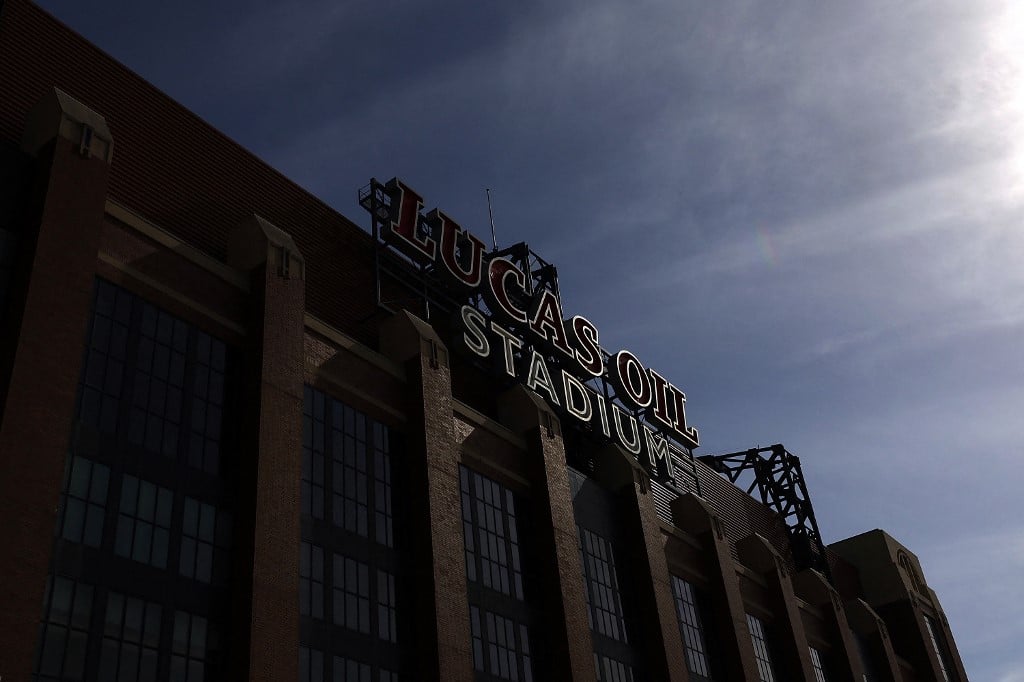
Indiana mobile sports betting platforms went live in October 2019, but the road to launching comprehensive online casino gaming is proving to be a much more difficult path. However, new legislation is expected, but whether it will be approved is still uncertain.
Fresh Start
Indiana State Representative Ethan Manning is back in the ring to take another swing at introducing online casino gaming in the Hoosier State. This will be his second attempt after a previous attempt in 2023 did not pass muster with his colleagues.
Manning’s new bill, HB1432, would regulate online lottery and iGaming, giving governance to the Indiana Gaming Commission to oversee online casinos. State casinos and racetracks would be eligible for a license, which would grant each up to a maximum of three skins, or partnerships with online casino gaming platforms. Under the new legislation, a license would cost $500,000.
The tax imposed on online casino gaming would be based on a tiered structure predicated on revenues as follows:
- 22% for operators with less than $4 million in adjusted gross revenue during the previous fiscal year.
- 24% for operators generating $4 million up to $7,999,999 in AGR during the previous fiscal year.
- 26% for operators generating $8 million up to $9,999,999 in AGR during the previous fiscal year.
- 28% for operators generating $10 million up to $11,999,999 in AGR during the previous fiscal year.
- 30% for operators generating more than $12 million during the previous fiscal year.
Naturally, the larger digital gaming platforms would be subject to higher taxes, allowing a competitive advantage for the less popular licensees. The deadline for the launch proposed in the bill is September 1, 2025.
iGaming Pushback
Opposition to iGaming legislation has been far stauncher than it has been to mobile sports betting proposals throughout the nation. Missouri is the next state to launch digital sports wagering, expected at some point this summer, which will bring the total to 39 states that have some form of sports betting, whether it be mobile, retail, or, in most cases, both.
However, only seven states have adopted and launched iGaming. Michigan, West Virginia, Pennsylvania and New Jersey allow multiple online casino platforms, while Delaware, Rhode Island and Connecticut limit the number to just two.
Online casino gaming revenues dwarf that of sports betting, but state legislators throughout the nation have been tepid to passing iGaming bills because of public policy advocates who argue that 24-hour casinos available on mobile devices would serve as too tempting an option and lead to social consequences, chief among them, gambling addiction.
Moreover, many retail casino operators insist that the entry of mobile casino gaming will cannibalize their business and cause job losses. Despite the fact that these land-based casinos can partner with third-party platforms, that additional revenue derived must be shared with those providers, and they are fearful that those profits will not equal the loss sustained to their in-person gambling establishments in which they keep all of those revenues.
However, major land-based casinos currently operating in Indiana, like Hard Rock, Penn Entertainment, Caesars and Bally’s, currently have their own online casino brands operating in other states and would not have to hire third-party platforms like rivals FanDuel, DraftKings, etc. Therefore, those companies are more prone to supporting any and all tax-friendly iGaming legislative efforts.







